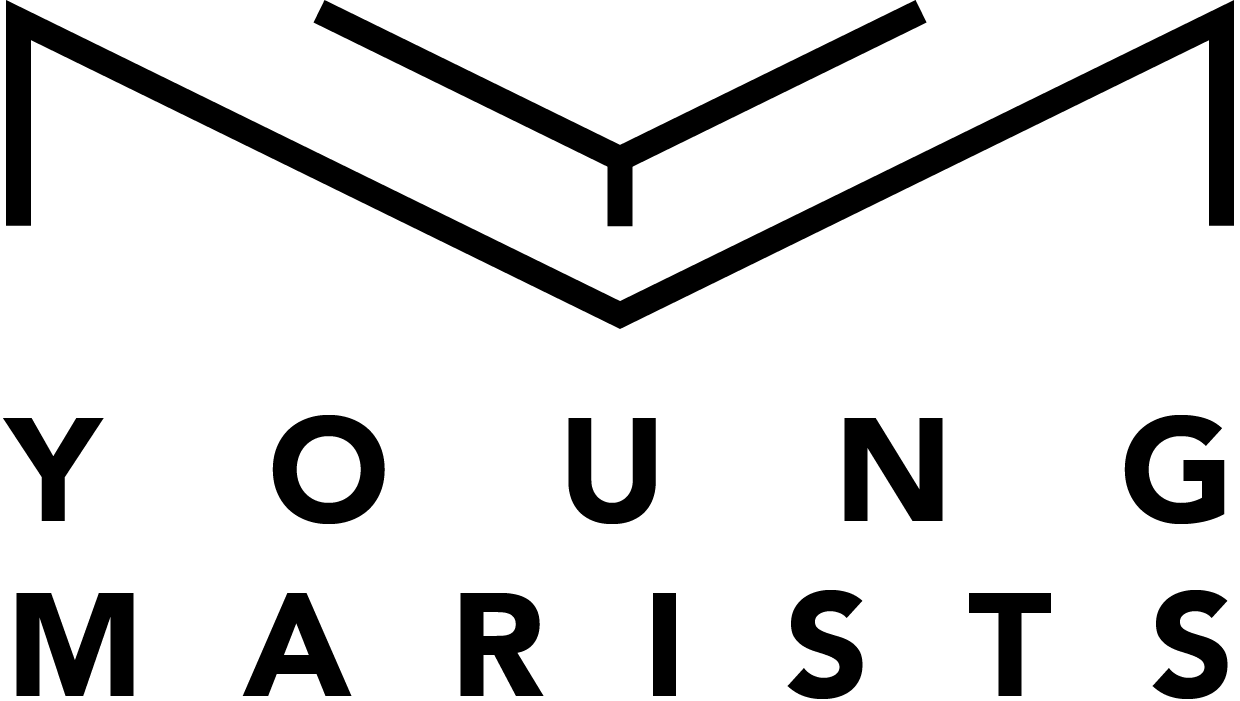P.S. Love you Dad
When I was 5, I used to beg my dad for shoulder rides back to the car in the cold, wet winter weather after a game of ‘First Kicks’ soccer. His strength amazed me every time as he scooped me up, hoisting me onto his broad shoulders with ease. His calloused hands held my legs firmly, steadying me as I swayed above him. He’d wrap me in his oversized hoodie, at least ten sizes too big, while he shivered in the biting cold, just so I could stay warm.
This year, during Social Justice programmes with Year 12s, our team has been collectively surprised by how many young men and women alike believe toxic masculinity is one of society's biggest issues.
While helping run one of these programmes, I thought it would be an interesting litmus test to ask the group what they believe a man is. Words such as ‘tough’ were thrown around profusely. As the discussion drew to a close, with the bell about to ring and release the students for games of handball and trips to the tuck shop for hash browns, someone raised their hand firmly. “What do YOU think a man is?”
Admittedly, I was a bit taken aback. I mean, I am meant to be a man after all; how hard should answering this really be? But, as someone who has grappled with the concept of masculinity for a large portion of my life, I struggled to find the right words.
Without really consulting my brain first, my mouth opened and said, “my Dad.”
There was a brief pause as these students understandably had no clue who Rod Lohrey from Darfield was. I was left with no other option but to explain my choice.
The truth is (and not to toot my own horn) there was no better answer.
You see, my dad was raised in a generation that taught him strength was often found in silence, where a hug from a father was a rare and unusual occurrence.
However, my dad used to dance at my cricket games whenever I hit a boundary. He stops in his tracks whenever he sees a baby out in public so he can speak to it. My dad gave up drinking the moment I was born and hasn’t touched a drop of alcohol since. I found it funny, as I referred to stories such as this, that none of these related to him being ‘tough’.
The truth is, my dad is the perfect example because he is both selfless and vulnerable.
Back when my dad gave me shoulder rides, I was in awe of his strength, eager for the day I’d be big enough to do the same. Now that I’m 21 and making him give me a shoulder ride would likely send him to the hospital, I realise it wasn’t his physical strength that made him masculine—that fades. In fact, it was the quiet, selfless act of giving me his hoodie, telling me how proud he was, and letting me be warm while he braved the cold. That moment showed me that being a man is about more than just strength—it’s about putting others first and embracing vulnerability.
As I reflect on these moments with my dad, I realise that helping and educating young men today means challenging the narrow, outdated ideals of masculinity many of them are taught to follow. True strength isn’t about being tough or emotionless; it’s found in vulnerability, kindness, and the willingness to put others first.
If we want to help young men grow into better, more compassionate adults, we need to show them that masculinity isn’t defined by dominance or stoicism, but by empathy, selflessness, and the courage to break free from societal expectations. Just as my dad unknowingly taught me, it’s about leading by example, teaching through action, and showing that real masculinity is rooted in care and connection.
Is this the example we are setting for the young men in our Network?
P.S. Love you Dad.
